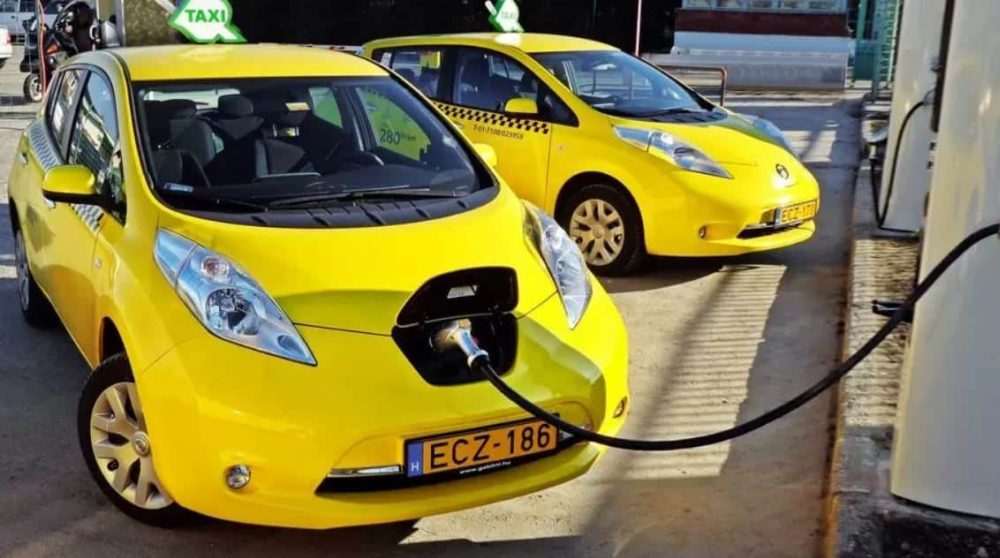

**Title: Pakistan’s Aspiring Objective: 30% Electric Vehicles by 2030**
In an effort to tackle climate change and minimize its carbon emissions, Pakistan has established an ambitious aim to have 30% of its vehicles utilizing electricity by 2030. This initiative is a component of the nation’s larger strategy to adopt sustainable energy practices and enhance its transportation framework.
**The Present Scenario**
Currently, Pakistan’s automotive sector is largely dependent on fossil fuels, which considerably contributes to air pollution and greenhouse gas releases. Urban areas, including Karachi and Lahore, often face challenges with smog and inadequate air quality, worsened by vehicle emissions. Moving towards electric vehicles (EVs) is viewed as a vital measure in confronting these environmental issues.
**Government Actions**
The Pakistani government has launched various policies to promote the uptake of electric vehicles. These measures include tax breaks, lowered import tariffs on EVs, and financial support for domestic manufacturers. The National Electric Vehicle Policy, ratified in 2019, details the strategy for meeting the 30% target. It highlights the necessity of developing charging stations, local manufacturing of EV parts, and initiatives to raise public awareness.
**Obstacles Ahead**
Although the prospects are encouraging, several challenges must be tackled to achieve this goal. The steep price of electric vehicles, insufficient charging systems, and a lack of consumer knowledge present major obstacles. Additionally, significant funding is required for the local automotive sector to transition to EV production.
**Growth Prospects**
The transition to electric vehicles opens up a multitude of opportunities for economic development and technological progress. By cultivating a domestic EV market, Pakistan can generate employment, lessen its oil import costs, and boost technological innovation. Moreover, international collaborations and investments could hasten the establishment of vital infrastructure and skills.
**Ecological Consequences**
Switching to electric vehicles is anticipated to greatly influence Pakistan’s environmental landscape. By decreasing its reliance on fossil fuels, the nation can notably lower its greenhouse gas emissions, enhance air quality, and contribute to worldwide efforts against climate change. This shift is also in line with Pakistan’s obligations under the Paris Agreement to decrease carbon outputs.
**Final Thoughts**
Pakistan’s aim of achieving 30% electric cars by 2030 is an ambitious but attainable goal that necessitates unified efforts from the government, industry players, and the public. By surmounting current challenges and capitalizing on opportunities, Pakistan can lead the way towards a cleaner, more sustainable future and emerge as a regional frontrunner in electric mobility.






